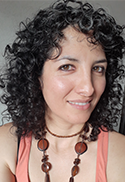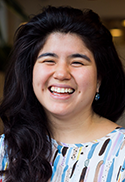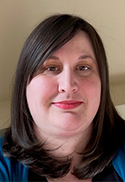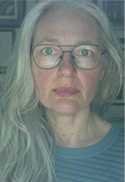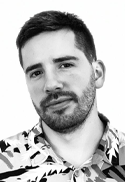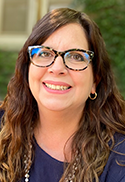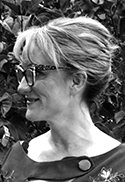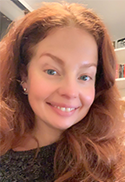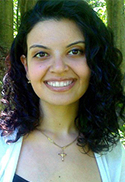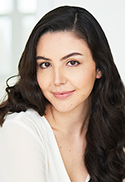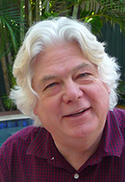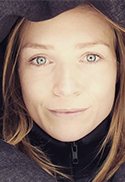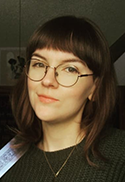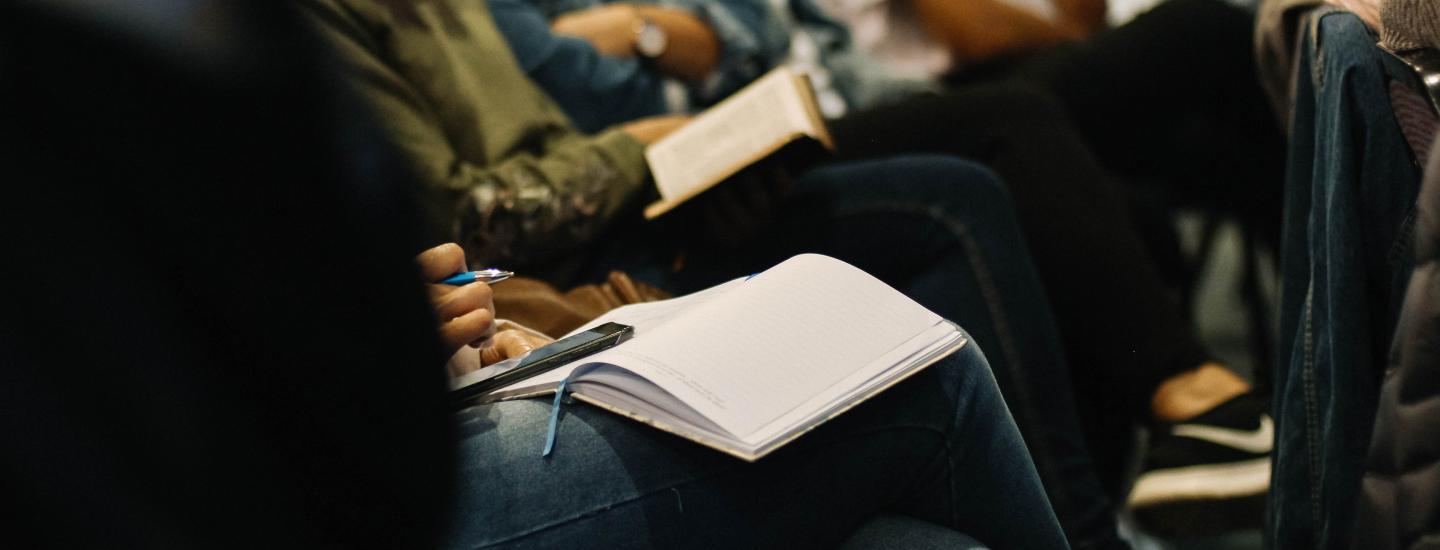
Senior copywriter, content strategist, and SCS instructor Samantha Mehra, shares expert tips to differentiate your copy and cut through the noise.
As seasoned marketers, small-business folks, and advertisers alike know, when used wisely, words can locomote a company forward at unbeatable speeds. This is especially the case in our digital age, where both compelling copy and strategically placed keywords can skyrocket you to the top of a search engine’s results page, or front and centre on a social media platform.
As a burgeoning or veteran copywriter faced with an intimidating (and growing) list of competitors-and a dwindling reservoir of effective copy-you may be wondering: is it even possible to make your copy pop in a sea of sameness? How can your copy stand out online?
Fear not: it’s possible.
As Joe Sugarman aptly puts it, “Every product has a unique personality, and it is your job to find it.” That is, the best way to make your copy sing and attract new business, is to differentiate yourself from the rest. It, dear reader/writer, is your sole mission as a copywriter to excavate the unique qualities that tell your audience you are indeed a unique snowflake in a blizzard of competitors. It’s your responsibility to let them know about how you dare to be different across your Google ads, websites, direct mail, social media posts, and beyond.
Whether you’re a big business promoting a holiday sale, or a small non-profit looking for life-changing donations, it’s possible to use copy economically to showcase what makes you special - be it cost, return on investment (ROI), company ethos (sustainability, for example), your customer service standards, or your trustworthiness. Or, it’s still possible to differentiate purely using a distinct brand voice (think dead-serious brand voices like Nike, or more light-hearted lingo like Poo-Pourri!).
We certainly see trusted brands taking these differentiation approaches with their copy time and time again - it’s a timeless tactic that likely won’t die. For instance, Mattress company Endy takes some time in its copy to tell its sleep-hungry audiences: “One Mattress, With a Purpose. We at Endy set out to design, make, and deliver an amazing mattress for a fraction of the cost of other major retailers.” So, in this case, the quippy differentiators are the dazzlingly less expensive cost and its multiple features. Or, take meal kit delivery service HelloFresh, who states, “We save you serious time: Now with more choices every week and meals starting from just $9.69.” The differentiators in this case are competitive pricing as well as product choice and the ability to customize.
Audiences care about saving time, saving money, and getting as much benefit as possible out of a purchase. It’s the language they speak. Here are eight tips to help you speak it loudly in your copy.
8 Ways to Differentiate with your Copy
But how have successful online-powered companies uncovered their most important differentiators? How have they leveraged these differentiators powerfully in their copy? What kinds of processes help them arrive at a place where their copy speaks loudly and clearly about how special they are? These considerations can help you, and your audience, understand just how special you are.
- Start with the differentiation test. Veteran copywriter and School of Continuing Studies instructor Steve Slaunwhite suggests first taking the differentiation test, which in essence puts your own brand under the microscope and lets you know where exactly your differentiating copy can use some TLC. First, visit your company’s website and cover the logo. Then read the copy. Ask yourself: can you tell yourself apart from your competitors from the copy alone? Is the brand voice strong, and are the features and benefits strong and more unique? If the answer is a firm ‘no’ to all of the above, this is where to start working on your differentiation.
- Make some room. Before going any further, know where you (and your differentiation copy) are going. Carve out some space to insert copy that differentiates, whether that’s a headline, a blog, or a stand-alone social post. In a longer document or on a website page, you could reserve a special space to promote what makes your particular brand, product, or service different, such as at the very top of your homepage, on an About page, in your social media bio, or on the bottom of a print document.
- Ease their worries with an unbeatable guarantee. A good risk-free guarantee or an iron-clad Service Level Agreement (SLA) can set yourself apart from more rigid competitors, and can demonstrate that your brand takes a customer-first approach. Try emphasizing an offer they can’t refuse (i.e. “Try us out, risk-free, for 60 days. If you’re not satisfied with us, you can cancel at any time in a matter of seconds.”).
- Remind them that you’re, like, a known and trusted brand. If you’re a beloved business that has earned the confidence of consumers and/or business communities, this makes you special in a sea of sameness. Try penning copy that emphasizes your beloved status in the community in order to build confidence in your audience (i.e. “We are that friendly neighbourhood photo printing place backed by the most trusted names in the business.”).
- Long in the tooth? Let them know. If you’ve been kicking around for more than a blink of an eye, your longevity certainly makes you a snowflake. Not every business can survive for years, and so your long track record is an immediate standout and signals to your audience that, hey, you must be doing something right.
- Show off those glowing reviews. One of the great benefits of an online world for businesses is the ability to hunt and gather online reviews and comments from satisfied (and not so satisfied) customers, whether that’s a Trustpilot testimonial or Google review, or an Instagram or Facebook comment. If you have some gems, use them in your copy (i.e. “Join 80,000 other customers who trust us to do it right”) as part of website testimonials, success stories, or social posts. This is evidence that sets you apart, legitimizes you, and demonstrates the value of the voice of the customer (and that you value their approval). It makes you look a little human, which doesn’t hurt either.
- Prove it with … proof. Firm evidence and concrete numbers and statistics unique to your business can certainly go a long way in building confidence in a potential customer. Using a simple headline followed by any data that demonstrates how well your product or service performs, and the logos of companies who trust you, are also easy on character count but effective in getting the message across.
- Hit them over the head with what makes you better. Do you know in your heart and soul that you offer the best customer service? Do you know that your prices are unbeatable? Are you bursting with pride over your company ethics (supporting local, using sustainable fabrics, donating to a cause with every purchase), or your more flexible payment plans? Great - tell them all about it in your copy, early and often.
Looking at your competitors won’t hurt, either: go after paid or organic keywords that your competitors use, and then some - differentiate by adding in more keywords variations that more exclusively target specific audiences so you’re easier to find on this vast and ever-growing world wide web.
All this being said, the best approach to writing copy that differentiates? Know yourself and your audience. Find out exactly how you’re special through a semantic strip-down: flesh out your brand identity, list out all its features and benefits, understand the profiles of the audiences you appeal to and the platforms they use (i.e. are they an online or in-store crowd), and really get to know yourself.
Samantha Mehra (MA) is a senior copywriter and content strategist in Toronto, and an instructor at The University of Toronto's School of Continuing Studies. With a diverse background in technology, history, and arts journalism, her writing credits include The Canadian Encyclopedia, Feathertale, Oxford Journals, and Routledge Encyclopedia of Modernism. She is a National Magazine Award nominee, and enjoys puns. Samantha instructs courses in our Strategic Copywriting Certificate.


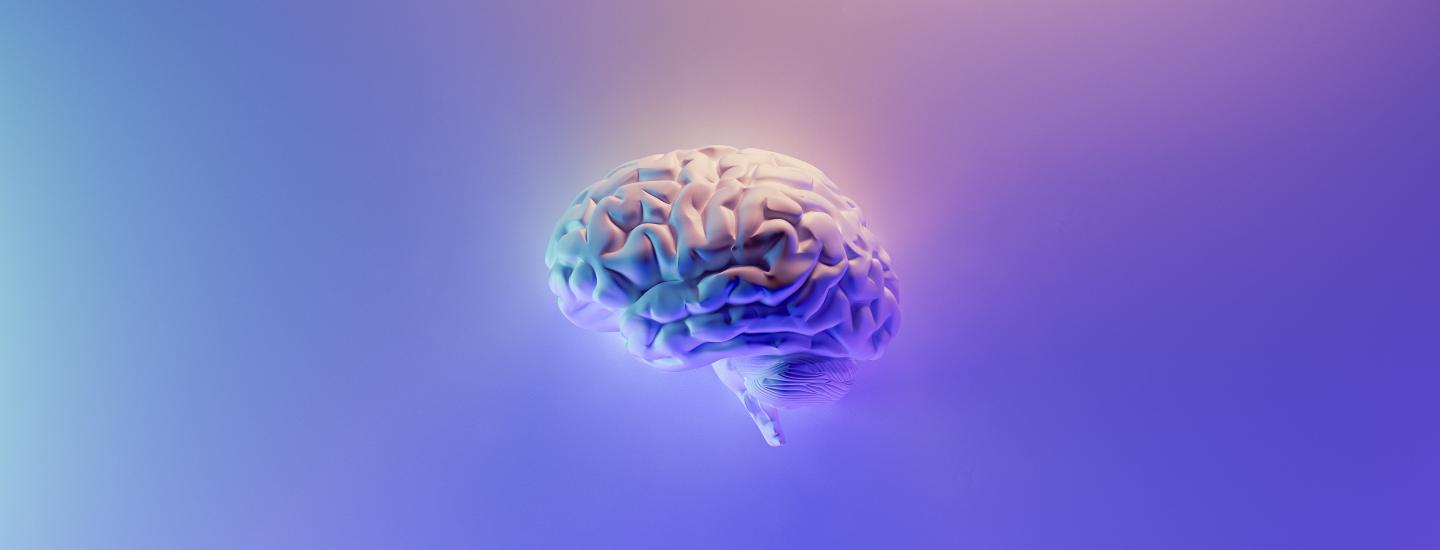


![[Professor Olivier Trescases (far right) stands in the University of Toronto Electric Vehicle Research Centre with (left to right) PhD Candidate, Zhe Gong; Wendy Baker, Associate Director Business Development, School of Continuing Studies; and Nick Cusimano, Research Associate. Trescases will teach a course on electric vehicles for Porsche Centre employees. (Photo: Porsche Canada)]](/sites/default/files/styles/large/public/images/2022-05/picture1.jpg?itok=6wjfuome)


